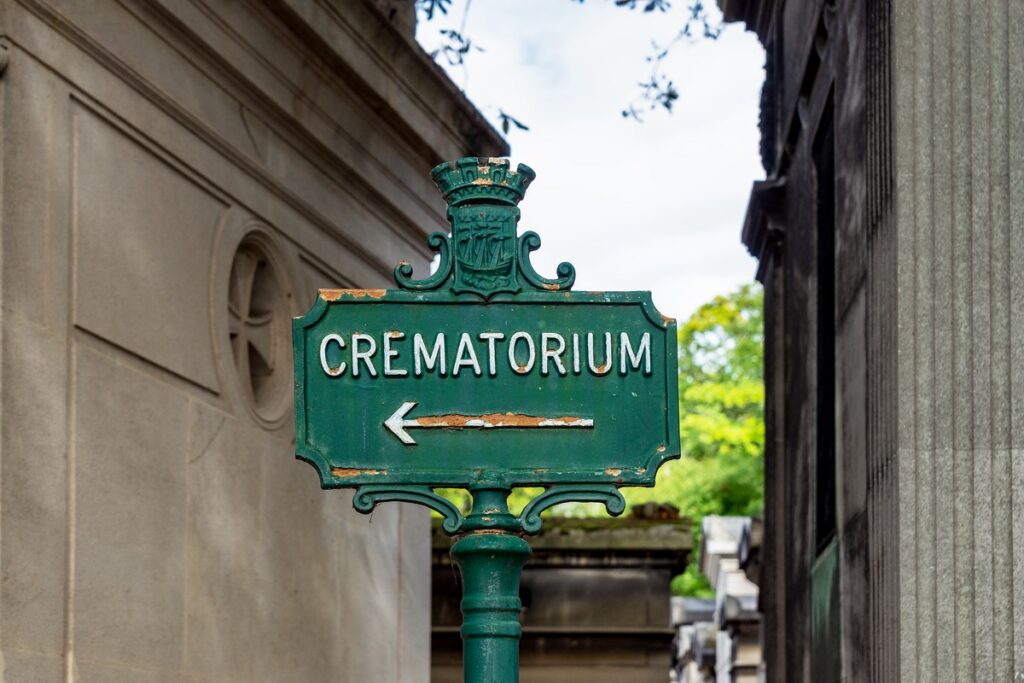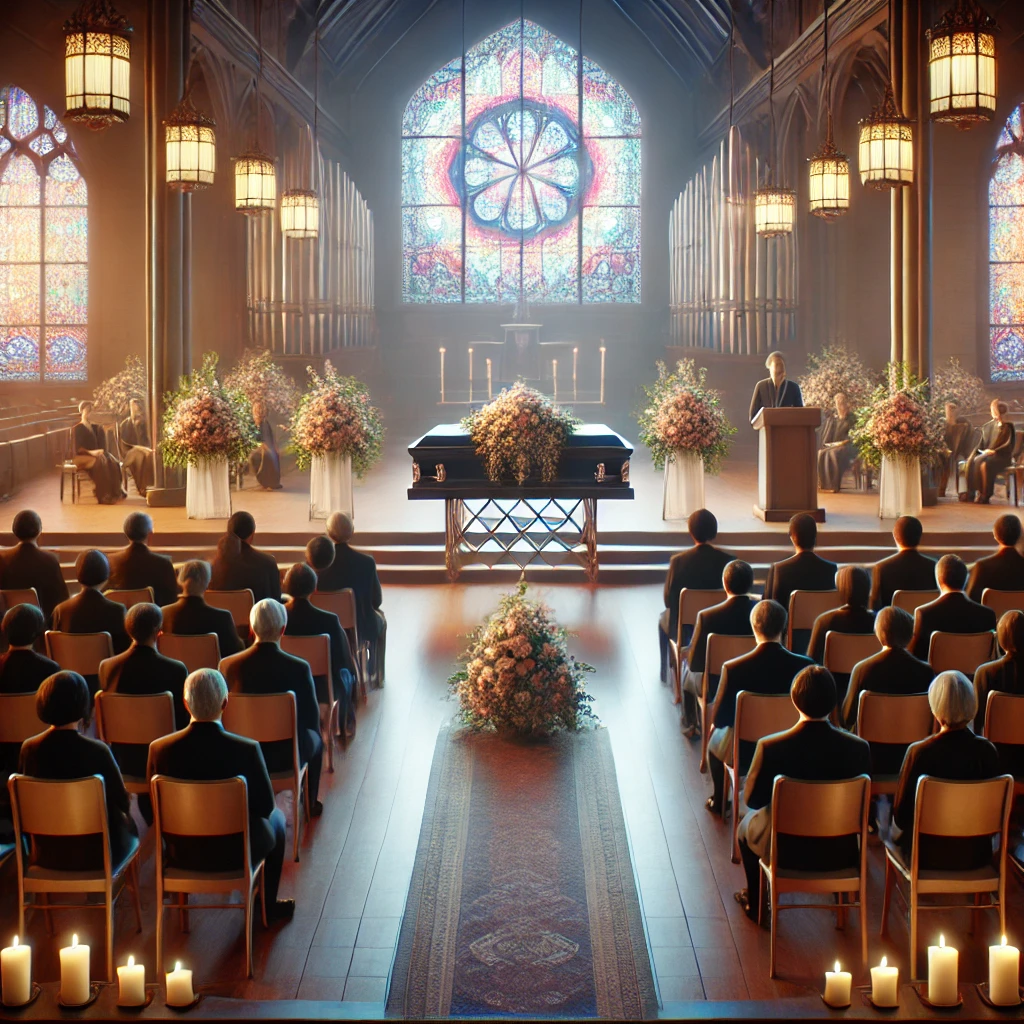Cremation is a widely accepted option for final disposition, offering flexibility and accessibility to most people. However, there are specific considerations regarding the suitability of cremation for individuals of different ages and sizes, as well as practical and legal limitations. In this article, we will explore who can be cremated, including adults, children, and infants, the potential size limits, and any restrictions that might prevent someone from being cremated.
Cremation for Different Age Groups
Cremation is suitable for individuals of all ages, from infants to the elderly. There are no age-related restrictions that prevent someone from being cremated. Here’s how cremation applies to different age groups:
1. Adults
Cremation is commonly chosen by adults or their families as a method of final disposition. The process is widely available and crematories are well-equipped to handle adult remains.
2. Children
Cremation is also an option for children, although the emotional aspect can be particularly difficult for grieving families. Many crematories offer sensitive services to assist families through the process, ensuring respectful handling of the remains.
3. Infants and Stillborns
Cremation can also be arranged for infants, including stillborns or miscarried fetuses. Many funeral homes and crematories have protocols in place to provide specialized care for infant cremations, typically using smaller cremation chambers. Hospitals may also offer support for grieving families in these situations.
Cremation for Oversized Individuals and Bariatric Cases
Cremation is not limited by size, but for individuals who are significantly larger, crematories may need to use specialized equipment known as bariatric cremation chambers. Standard cremation chambers can typically handle bodies weighing up to 300-400 pounds. For those who exceed this weight, bariatric chambers are available at many crematories.
What Are Bariatric Cremation Chambers?
Bariatric cremation chambers are oversized cremation units designed to accommodate individuals who are larger or heavier than the average person. These chambers have been specially designed to manage the cremation of bodies weighing up to 700 pounds or more, depending on the facility. See also:
Key Features of Bariatric Cremation Chambers:
- Larger Dimensions: These chambers are wider, taller, and longer than standard cremation chambers, allowing them to fit oversized bodies and caskets.
- Higher Weight Capacity: Bariatric chambers are constructed to handle higher weights safely, ensuring the process is both dignified and efficient.
- Modified Heat Distribution: Cremating larger bodies requires more time and heat to ensure complete cremation. Bariatric chambers are designed to manage this additional demand efficiently.
- Energy Considerations: The cremation of bariatric individuals can consume more energy and take longer than a standard cremation. Crematories may charge additional fees due to the extended time and energy requirements.
Legal and Practical Limitations
While most people can be cremated, certain legal and practical restrictions may apply. Some common limitations include:
1. Religious Considerations
Some religions do not permit cremation. For example, Orthodox Judaism and Islam typically favor burial over cremation. Families may choose burial if cremation contradicts their religious beliefs.
2. Medical Devices
Certain medical devices, such as pacemakers, must be removed prior to cremation. Pacemakers and similar devices can explode during the cremation process due to the high heat, potentially causing damage to crematory equipment or posing a safety risk to staff.
- The crematory or funeral home is responsible for safely removing these devices before cremation.
- Other medical implants, such as joint replacements, do not need to be removed and will remain in the ashes post-cremation.
3. Legal Regulations
Each state or locality has specific regulations governing cremation. Some places may require a waiting period after death, while others necessitate specific documentation, such as a signed cremation permit from a medical examiner. Always check local laws or consult with a funeral director to ensure compliance.
4. Ongoing Investigations
If the cause of death is under investigation, cremation may be delayed. In cases of sudden or suspicious death, authorities may postpone cremation until the necessary autopsy or legal review has been completed. Cremation is irreversible, making it impossible to conduct further investigations afterward.
Who Cannot Be Cremated?
Although most people are eligible for cremation, a few exceptions exist:
- Unresolved Legal Cases: When a death is under legal review, cremation will be delayed until all investigations are completed.
- Size Constraints: In rare cases, individuals who exceed the weight or size capacity of available crematories may require special arrangements. Not all crematories have bariatric cremation chambers, so it’s important to confirm with the facility before proceeding.
- Religious or Cultural Prohibitions: Certain religions, as mentioned earlier, forbid cremation. In these instances, burial is the preferred or required method of final disposition.
- Lack of Legal Consent: Cremation cannot be performed without the proper legal consent, which is typically provided by the next of kin. Without this consent, the cremation process cannot proceed.







